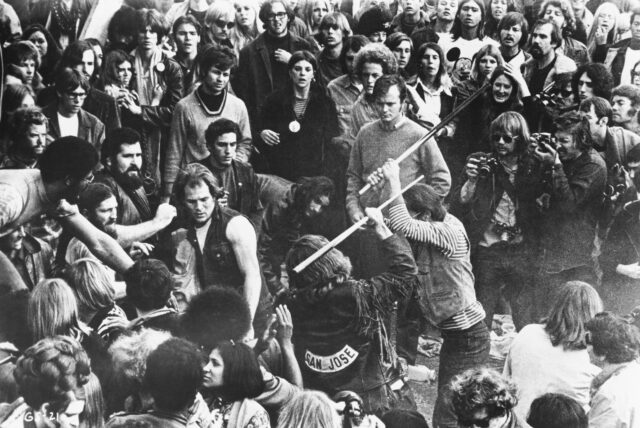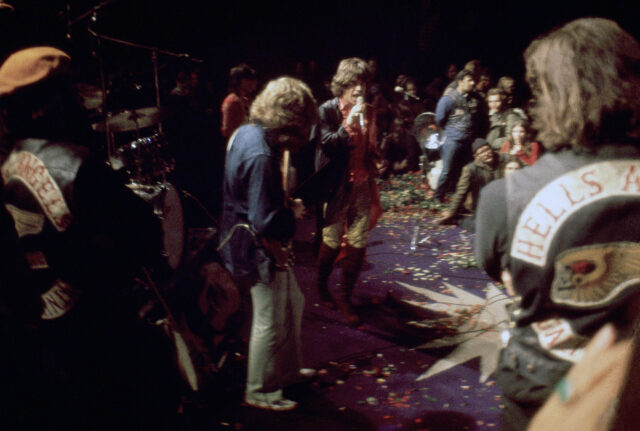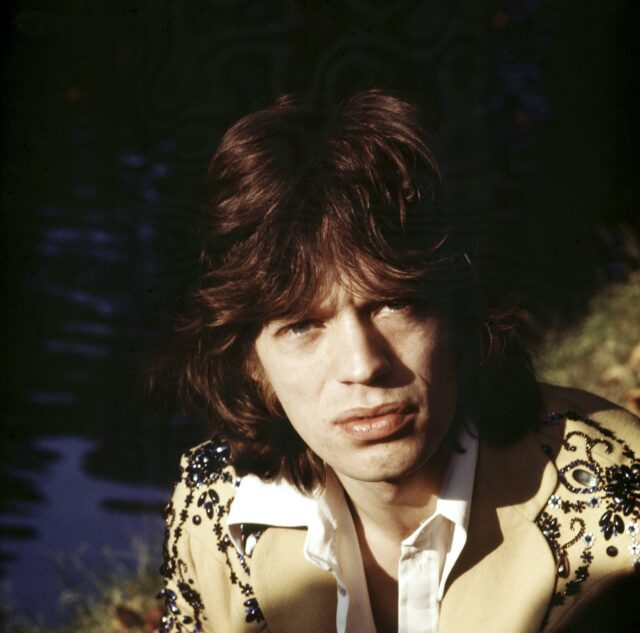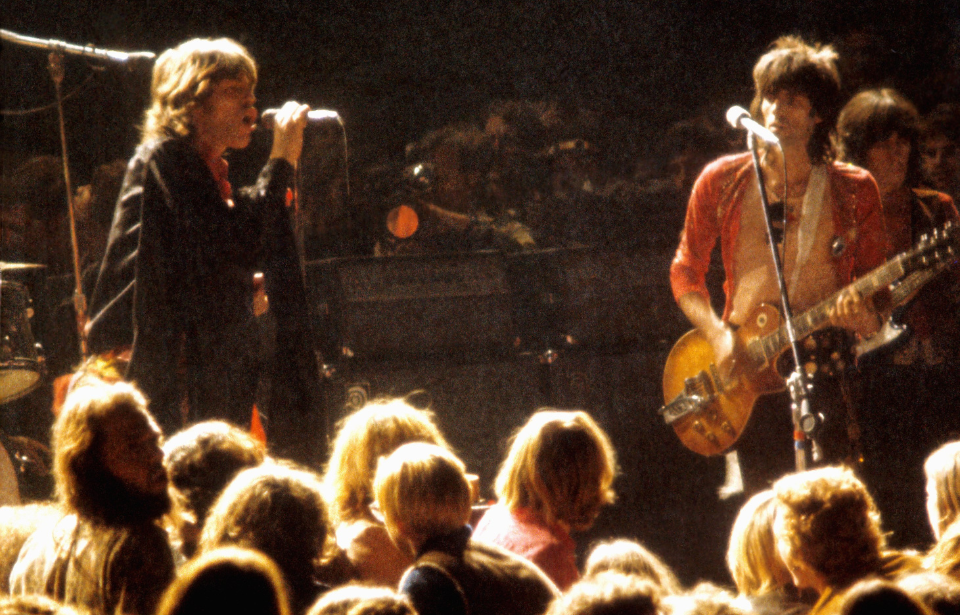On an episode of the iHeart podcast Stones Touring Party, tapes from a newly released archive of interviews with the Rolling Stones members from their younger years were played. One of the tapes discusses the tragic show they played at the Altamont Speedway Free Festival and how it made the band members feel.
The concert at Altamont

In December 1969, the Rolling Stones had just released Let It Bleed, and were scheduled to put on a free show at the Altamont Speedway in California. Hoping to save some money on security, they hired the Hells Angels motorcycle club to keep the audience at bay while they performed. Some say that the Hells Angels were cheaper than expected, taking the job for just $500 worth of beer.
That day, however, seemed to be violently charged from the beginning. When the band was getting off their helicopter, Jagger was punched in the face by a concert attendee. Additionally, as the show got started, some Hells Angels members even cracked pool cues over the heads of fans as a means to keep things quiet among the crowd.
Sadly, things became extremely violent when 18-year-old Meredith Hunter pulled a pistol from his jacket. Spotting it, a Hells Angels member attacked him, stabbing him at least six times while the band unknowingly continued to play. The Hells Angels feared a riot might break out if the band stopped playing, so they took immediate action against Hunter’s potential threat. The band only heard that someone had been killed after the show.
Hearing how violent things got there, other bands chose not to show up. “The ultimate test of Altamont is the Grateful Dead turned around and went home,” said journalist Robert Greenfield. “So if there’s a gig that the Grateful Dead are not gonna play because it’s too chaotic for them—whoa!”
The events of the concert caused a backlash against the band

News of the death at their show spread pretty quickly, especially considering the tragedy had been captured on film and was released to the public by the makers of the 1970 rock documentary Gimme Shelter.
The Rolling Stones were seen as the ones at fault for the tragedy, with many believing that by hiring the Hells Angels for security, they were laying the groundwork for violence at their show. A 20,000-word report was published in Rolling Stone following the concert, identifying Jagger as the one to blame for the whole ordeal.
“I think it affected all of us very profoundly. The only thing we were very upset about was being accused and held responsible for what happened,” said Mick Taylor, former guitarist in the band. “And you can’t really blame anybody in that kind of mass hysteria. People in America know the Hells Angels are a violent organization. For that reason alone, I don’t think they should have been hired as security guards, because it automatically gives them an excuse.”
In the end, the Hells Angels member who had killed Hunter was acquitted as the jury saw that he was acting in self-defense.
Jagger knew he had to continue touring or give up

In the newly released tapes, Jagger’s perception of the whole ordeal is outlined in detail in his own words. During the interview, he said, “Either I stopped touring or I didn’t. It was as simple as that. A few people said don’t go—friends of mine. They said, ‘You’ve really gotta be more careful, you can’t go.’ I said, ‘Well, it’s more or less what I do, so I gotta do it!'”
“‘Either I do it or I don’t do it.’ If I don’t do it, what am I going to do?” he continued. “There was a few places that it did get scary and there was a lot of guns confiscated and stuff like that. Don’t say I wasn’t scared—I was scared s—less!”
Former bassist Bill Wyman said on the tapes, “You’re always open to being shot on stage. You’re always aware of that. You don’t think about it but anybody with any sense at all would think there’s a possibility at some time or another that some crank is gonna… I mean, we’ve been shot at with an air gun before onstage. [Drummer Charlie Watts] got a pellet in his cheek!”
More from us: The Hells Angels Plot to Assassinate Mick Jagger
It didn’t help that word had spread that the Hells Angels weren’t all too impressed that the Rolling Stones had “left them high and dry” once the show was finished. There were even rumors that they would put out a hit on Jagger, which likely played into his feelings of fear at the time.
